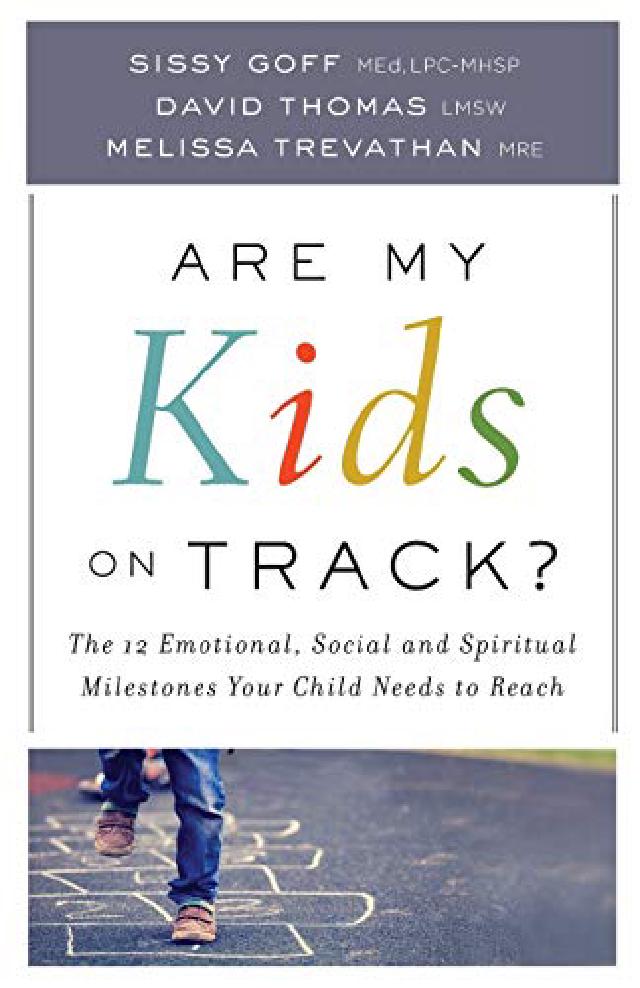
Strong Emotional Vocabulary
In the book, the authors recommend, “people of all ages develop an emotional vocabulary and learn to navigate emotions.” Being able to talk about what we are feeling with precision makes a big difference for me. The authors describe the pattern they’ve observed through their many hours of therapy:
“It’s much easier to be angry than it is to be hurt. Or disappointed. Or even fearful. What girls have said to me over and over throughout the years is that anger feels more like they’re in control, while all of those other emotions just feel vulnerable and open-ended.”
I appreciate this wording here. There is a lot of complexity in emotions, and it can be hard to know how to respond to something other than anger.
My take away: Encourage my children to name the feelings that are underneath their anger.
Making Apologies
One of the phrases for apologizing to our children jumped out at me.
“Will you forgive me for asking more of you than you are capable of right now? What would it look like for me to slow things down and better respect where you are?”
Just hearing this question reminded me of my lack of respect for one of my children that hates to be hurried. I like the way this question helps me see how I can turn to the child to receive their suggestions about how I can change.
My take away: ask for my child’s feedback.
Careful Consequences
This was, to me, the most valuable part of the book. There were three concepts that helped me:
- Don’t offer correction when the child is caught up in an intense feeling.
“It makes no sense to engage kids with discipline or correction when they are experiencing elevated emotions. The brain is flooded. No person (child or adult) is capable of having perspective in those moments. We can’t think rationally. We’re incapable of being our best self.”
This is one of the reasons why I like to offer a break before finalizing the discussion.
- The consequence needs to be paired appropriately to the action.
When we yell or give identical consequences for every offense (big and small), it becomes even more difficult for kids to develop perspective.
I admit I have reacted poorly many times, and in my anger, I’ve threatened kids with big punishments. This comment by the authors helped me see I need to keep things in perspective.
- Self-regulation needs to be the natural result of our teaching.
“Children cannot learn to self-regulate if they never have time to do so. …A consequence means that you have regulated your child’s behavior. But the goal is self-regulation.”
I like the idea of giving children many low-risk chances to develop their ability to calm themselves. My hope is that my example of self-regulation is valuable for my children. It is a skill that takes a lot of time.
My take away: take a break before offering consequences.
There were other beautiful nuggets in the book, too.
“Value your child’s character over her happiness.”
“Awareness is where empathy starts and humility is where it swells into fruition.”
But, overall, I wouldn’t recommend this book. The tone of the book is rather judgmental. The authors are coming at the topic from their work as counselors, not as parents. Perhaps the most telling comment was this:
“Maybe you could go to Relationship Violation School, like traffic school, when you commit an offense like the dad I just mentioned.”
Ok, whoa. I’ve made lots of mistakes, for sure. I certainly have earned my pass to Relationship Violation School, but I can’t imagine any parent will respond well to that kind of feedback. That doesn’t feel like a good way of encouraging change.
Self-assessment is vital for parents. We all need to evaluate ourselves and determine if our actions are in-line with our priorities. We have a lot of freedom in how we manage our families. Based on the title, I hoped this parenting book would be about appropriate ways to self-assess.
I was disappointed, though. The book is not about self-assessment. The author has already decided on the frame of reference. The book is actually simply advice about how parents can improve. The authors are counselors together at Daystar Counseling Ministries in Nashville, Tennessee. I think this book might leave parents feeling discouraged because of its tone.